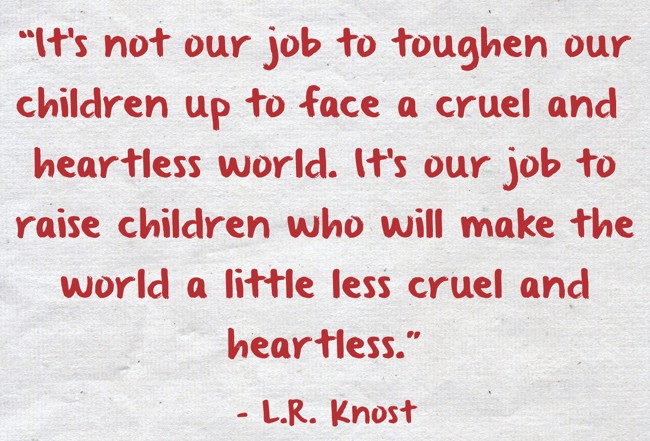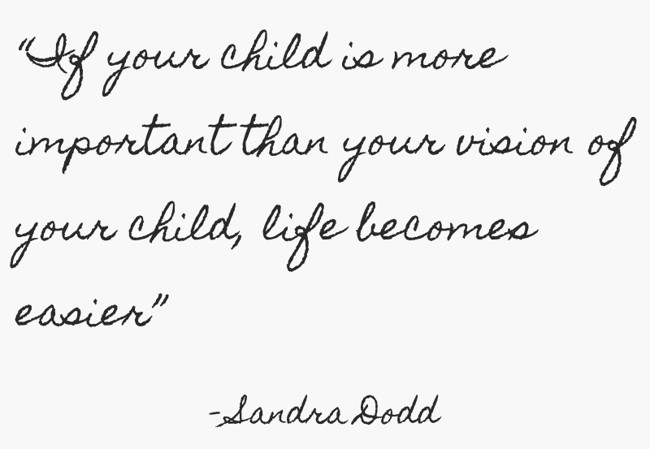Not because we have to, but because we want to.
Not because we get paid to, but because the rewards are infinitely more than money.
There is much work in parenting – the routine, practical, daily living tasks, the being together time, the not being together time, the time in our heads. The list could go on and on.
When we began home educating our children seven years ago, one of the first things we did, was to write an educational philosophy. This was our attempt to summarise how and why we had chosen to home educate. In reality, it became much more than just about education, it was an exercise in defining what kind of parents we wanted to be.
Taking the time to really think about our big picture goals (you can see those here) helped us to sort out our priorities and reflect on what was really important for us and for our children. It was a useful process in so many ways and, certainly, helped to confirm that we had made the right decision. It became obvious that the school system was not the ideal environment to support and promote what we had deemed most important.
The use of the word ‘goals’ sounds so future- focussed, like we were working towards a specific target. That there would be an end, a point at which success could be quantified and measured, confirmed or denied. Maybe we thought that then. Of course we still had much deschooling to do.
In reality, of course, there is no moment when our children will be done, no end point at which we can sit back and revel in our success, or despair in our failure. Children are not simply grown-ups in waiting, future citizens in need of shaping and moulding.
Our children are complete and whole and messy and glorious people right now, whatever age or stage they currently inhabit. Children are people, people who are deserving of our respect and appreciation right now, in every moment, not merely in some unknown future.
Maybe the term ‘big picture’ is also, a little misleading. It might be off-putting, seem too massive to contemplate, too broad and overwhelming. Like there are too many possibilities for failure and disappointment, frustration and regret.
Yet defining our ‘big picture goals’– (yep, here I go, still using that term, even with it’s problems. At this point I shall stubbornly soldier on, awaiting a better alternative – feel free to leave your suggestions in the comments). It’s not meant to be an attempt to control the future, or to create the perfect children.
They were, and are, perfect.
Maybe this process isn’t even really about the children at all.
Except of course, it is. Those children that we love, that inspire us to be better every day, that delight and challenge us in so many ways. Those children, they are our responsibility, and they are our reason.
So it is about them. But really, it’s much more about us.
The actions that we take in those every-day, ordinary moments, the environment we provide, the example we set and the people we are. This is all about us.
Taking the time to consider how our actions affect those around us, how we conduct our relationships and the ways we respond to others. These can actually offer simplicity, allow us to reach some clarity of purpose and highlight our priorities.
There is no single ideal way to parent. There is no one model child, no universal rules, no job list, no person spec, and no ideal candidate for parenting. But there are real consequences and real people to nurture and love, real people that can be damaged and hurt.
So we sat down again, and we thought. About what kind of parents we want to be, about our vision, our purpose and what principles we want to guide us.
It turned out to be another long list.
For our children, we want to –
• be kind and gentle, appreciative and respectful
• be trusting and trustworthy
• be patient and calm, present and attentive
• be a safe space, supportive, approachable and dependable
• offer a guiding light and a welcoming beacon
• be quick to help and slow to judge
• make a home they can always return to
• recognise their competence and respect and trust them as whole and capable people
• nurture and encourage their innate curiosity and wonder about the world
• support them to explore the rich diversity of the world’s natural, social, political, historical and cultural heritage
• support them in following their passions and interests
• recognise that their personal learning journey is unique and special and individual
• offer opportunities to develop new passions and interests
• open up new possibilities and options to explore
• use our experience and power to support and guide, rather than to control and manipulate
• provide time, space, resources and our committed presence to support them in fulfilling their ambitions, today, tomorrow and as long as they need us
• do our best, be aware that we can always do better, that there is always more to learn and that we will make mistakes and mess up over and over again
• be willing to apologise, be able to pick ourselves up and move on from our mistakes, try harder and…
• model patience, forgiveness and grace for ourselves, and for them, as we learn and grow together.
Like any job, there are better days and worse days. There is always more to learn and there is always more to give. We don’t always get it right but we keep on trying and doing the best that we can, because this, surely, is the best job there is.


